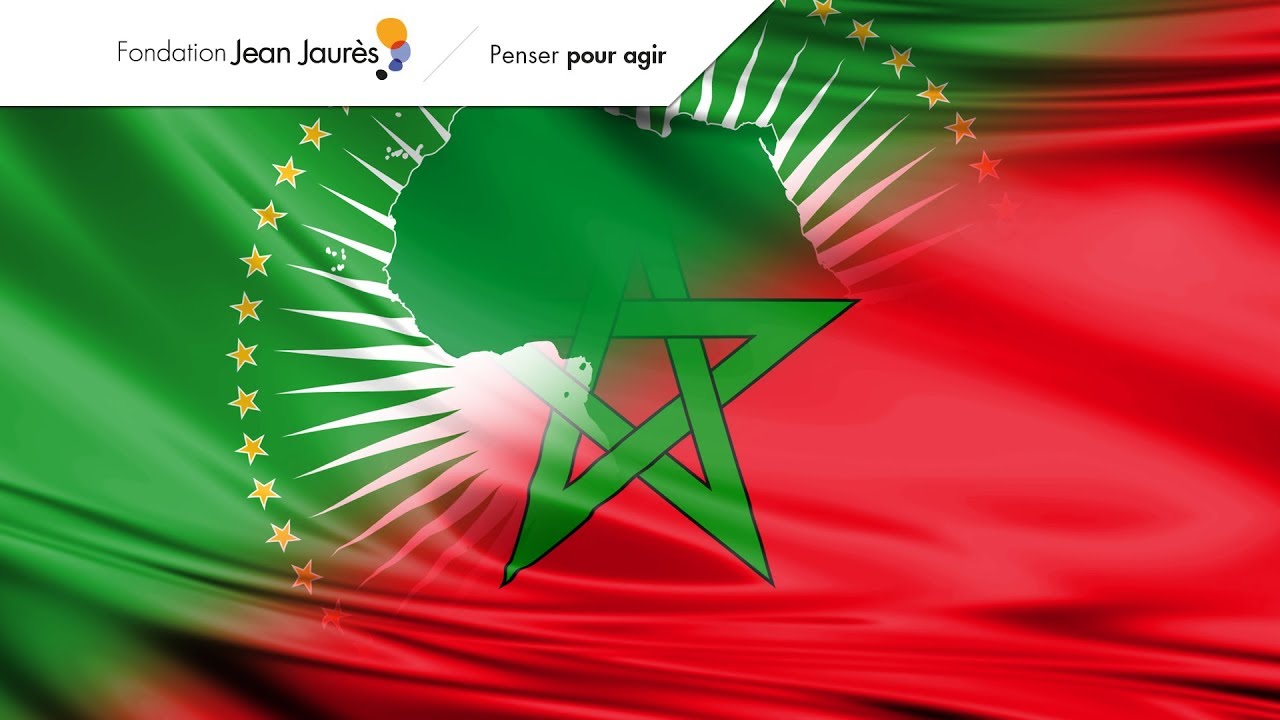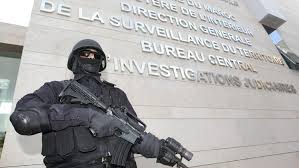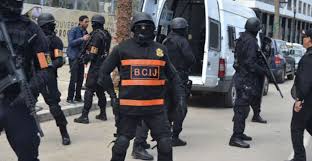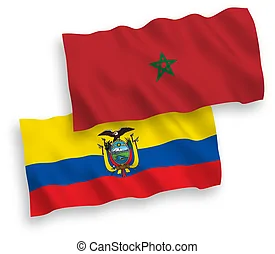The Commissioner for Political Affairs, Peace and Security of the African Union (AU) Bankolé Adeoye commended, Tuesday in Rabat, Morocco’s “unwavering” commitment to democracy promotion.
In an address at the opening of the 2nd training cycle for African election observers, which he co-chairs with the Minister of Foreign Affairs, Nasser Bourita, Adeoye stressed that “the Kingdom has shown a resourceful leadership to support democratic elections on our continent,” noting that the African continent has made “steady progress” in promoting democracy.
Adeoye also hailed the leadership and support provided by the Kingdom of Morocco to the AU’s Political Affairs, Peace and Security Department.
To address the various problems faced, whether political, social or economic, democracy is the best solution to all these problems, he argued.
This democratic solution can only be achieved if all components of African society, namely women, youth, civil society, and others work together for Africa’s development, he said.
He added that this also requires the respect of all human rights, including the right to peace.
This 2nd cycle comes in this sense to strengthen democracy in Africa, through training competent and impartial election observers who are dedicated to establishing free and democratic elections, said Adeoye, calling for continued investment in training initiatives such as this.
In his address, Foreign Minister Nasser Bourita renewed Morocco’s commitment to strengthening institutional resilience in Africa.
“From words to deeds, our work in the Peace and Security Council (PSC) of the African Union (AU) since 2022 has focused on highlighting the interdependencies between institutional resilience, stability and prosperity of Africa,” said Bourita.
This willingness stems from the guidelines given by King Mohammed VI to contribute with all Africans who wish to see the emergence of an Africa that takes in hand its own electoral processes and has, for that, solid and credible institutional capacity to validate them,” said Bourita.
This 2nd cycle reflects one of the most important aspects of cooperation with the Department of Political Affairs, Peace and Security at the AU, he said, noting that since its return to the African Union, Morocco has been working in partnership with Commissioner Bankolé who heads this department, on a number of topics such as the nexus peace and climate change and this training of election observers.
“This second cycle is taking place in a rather particular African context, first the context of multiple crises that Africa, like the rest of the world, is facing, security, health, political and economic crisis,” he added.
This cycle also takes place in an election year par excellence in Africa with at least 16 elections taking place during this year, he noted, adding that “elections and good governance in Africa are sometimes positive, sometimes ambiguous, some important progress is made in some countries, while questions are also noted in other countries.”
Morocco has consistently warned about the governance/security nexus, the minister said, noting that “there is no better way to ‘silence the guns’ than to let democracy speak through free elections. This is the ‘tipping point’ to a sustainable and robust governance program.”
There is no doubt that all African states, without exception, are principally committed to the universal values of democracy and good governance, he noted.
“Political responsibility does not stop at values, but starts with them: to better implement them,” the minister said, explaining that this has led Morocco to carry out several initiatives aimed at strengthening the AU’s institutional capacity, but also that of its member states.
“If the AU’s axiom is – rightly – to prevent ‘unconstitutional change’, then each member state must create the conditions for it, within its own internal order – political, constitutional and legal. Only in this way can principles and values have internal force and international authority,” he continued.
Bourita also made a presentation on Morocco’s electoral process, the Kingdom having chosen for decades to build a model of democratic and modern society, based on the rule of law, the participation of all citizens in political life, the separation of powers, the decentralization of power and the establishment of control mechanisms and good governance.
Morocco is hosting this May 23 to 26 the second training cycle for African election observers, an important step in consolidating the Morocco-African Union partnership in the field of support to political governance in Africa.
Banking on the success of the first edition, this second cycle is marked by a larger number of beneficiaries, which went up from 32 to 61, including 41 observers from the five regions of the continent to which will be added 10 young Moroccan observers.



